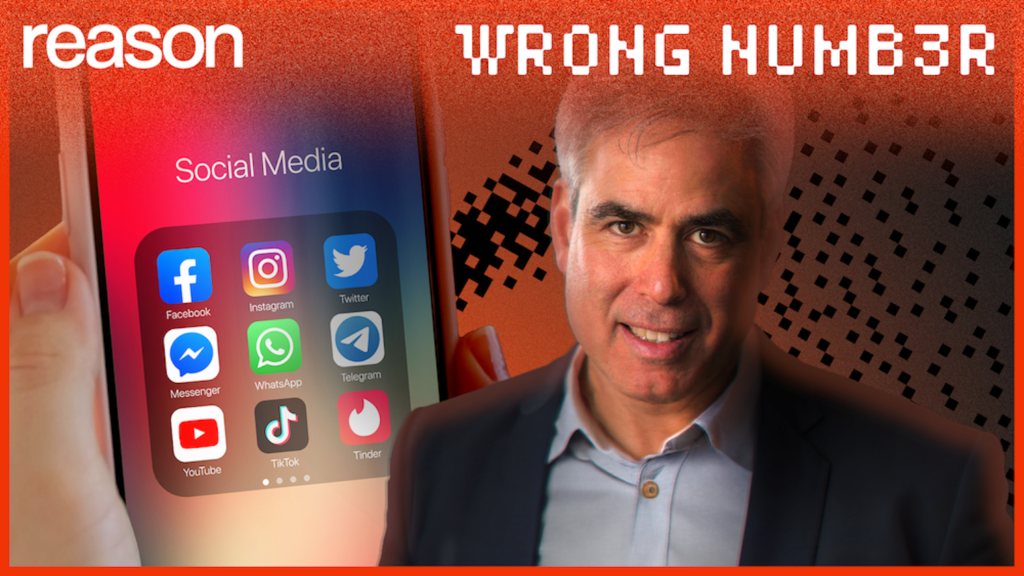In his 1996 book, The Vision of the Anointed, economist Thomas Sowell outlined a pattern that many “crusading movements” of the 20th century have followed. These movements first identify a “great danger” to society, followed by an “urgent need” for government action “to avert impending catastrophe.”
A new book by psychologist and author Jonathan Haidt, The Anxious Generation, argues that the government must regulate social media because it’s causing a teen mental health crisis. While Haidt is known for his rigor, transparency, and openness to dissent, his views align with Sowell’s framework.
Sowell observes that those most likely to garner attention from the government and media are often the most “articulate,” referencing opaque studies without proper explanation. Haidt, despite his articulate writing and compelling insights, asserts too much certainty in his views based on questionable research. He advocates for restrictive government policies without conducting necessary tests to validate their efficacy.
Academic studies often utilize statistical techniques that are difficult for the average person to understand. As Stanford’s John Ioannidis argued in a 2005 paper, most published research findings are false, plagued by fabricated data, bias, and misrepresented findings. Even esteemed researchers have been guilty of statistical malpractice, with peer review failing to weed out substandard work.
Haidt’s book cites numerous studies to support his argument, but many of them contain errors and lack relevance to his central claim. While some studies present compelling data, others undermine Haidt’s assertions. One study suggests that excessive screen time, not just social media, is detrimental to mental health.
Overall, Haidt’s reliance on flawed studies and lack of critical analysis weaken his argument for government intervention in regulating social media. His policy proposals lack sufficient evidence to support their effectiveness.
Despite the potential impact of social media on mental health, imposing coercive solutions based on questionable research may not yield the desired outcomes. Parents and policymakers must approach the issue with caution and consider the complexities of regulating social media use among young people.
Photos: Daniel Hambury/Eyevine, Mikkel Aaland/Free To Choose, E. Jason Wambsgans/TNS/Newscom, CNP/AdMedia/SIPA/Newscom, BONNIE CASH/UPI/Newscom, Richard B. Levine/Newscom, Howard Lipin/TNS/Newscom
Music: “Stream” by ANBR, “Empty Rooms” by Gal Lev, “Eclipse” by Yuriy Leontiev, “Curiosity” by Kevin Graham, “Discovery” by We Dream of Eden, and “Continent’ by ANBR. Roadway by Ardie Son
- Video Editor: Adani Samat
- Audio Production: Ian Keyser
- Graphics: Isaac Reese





